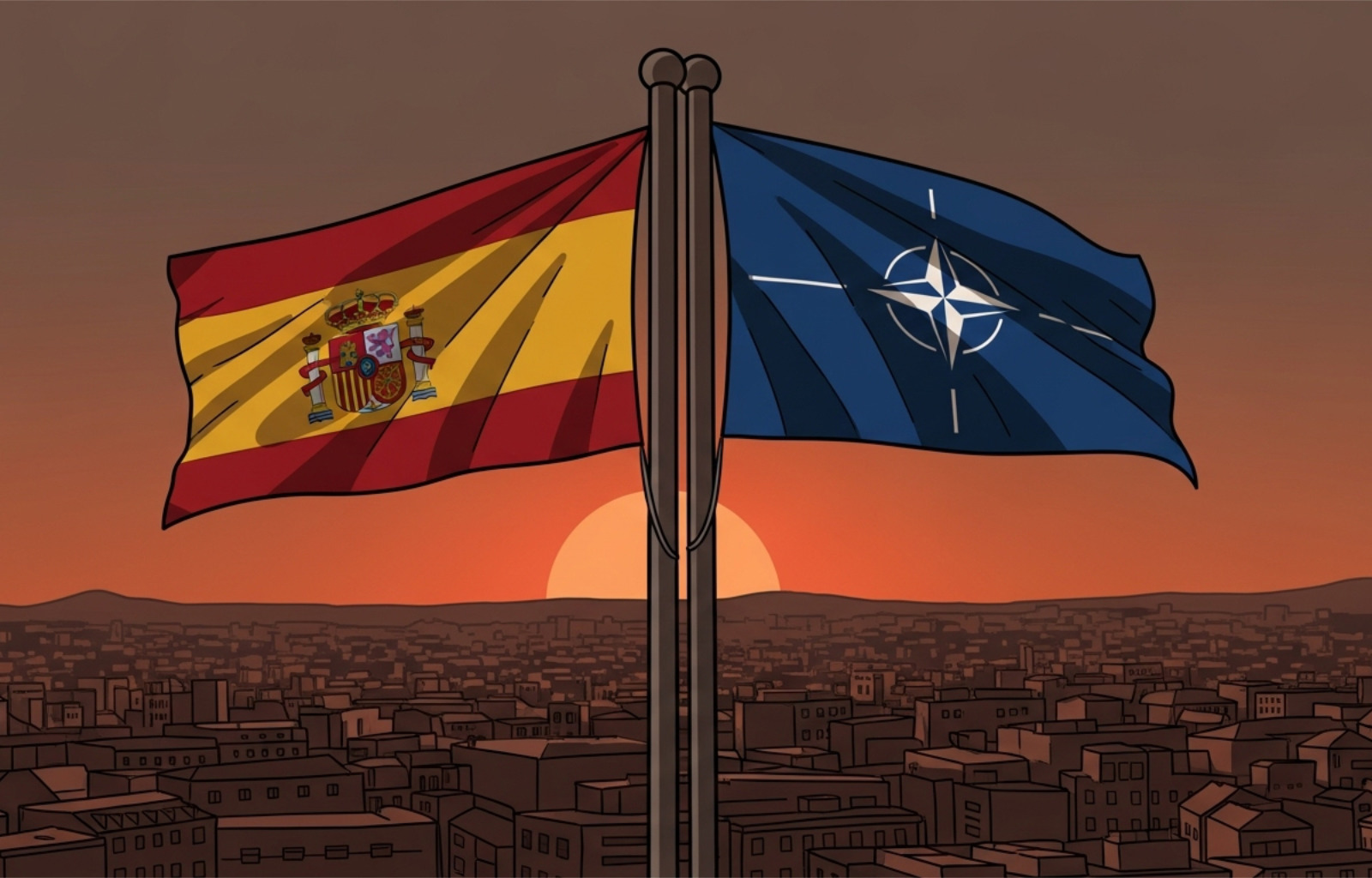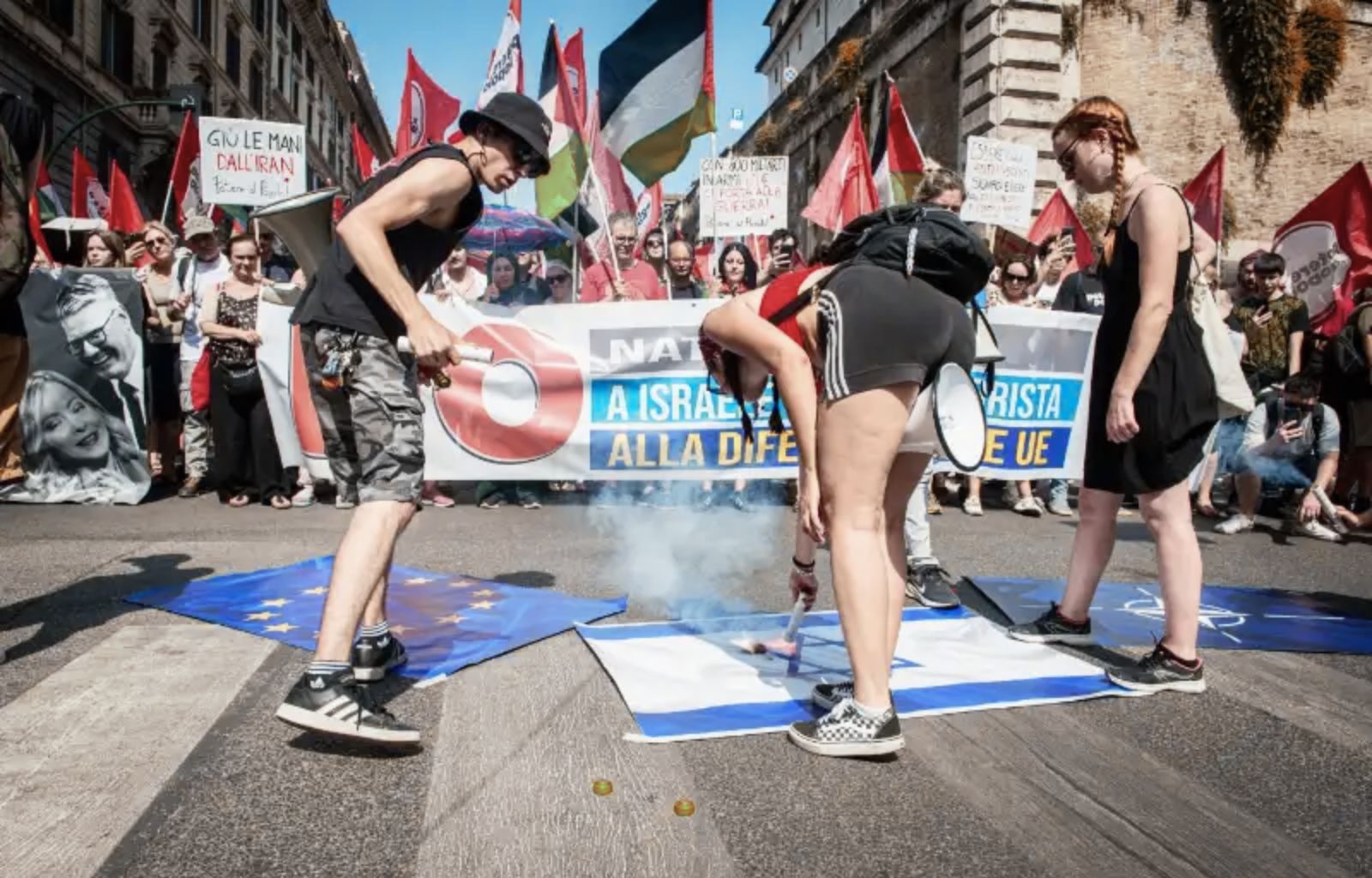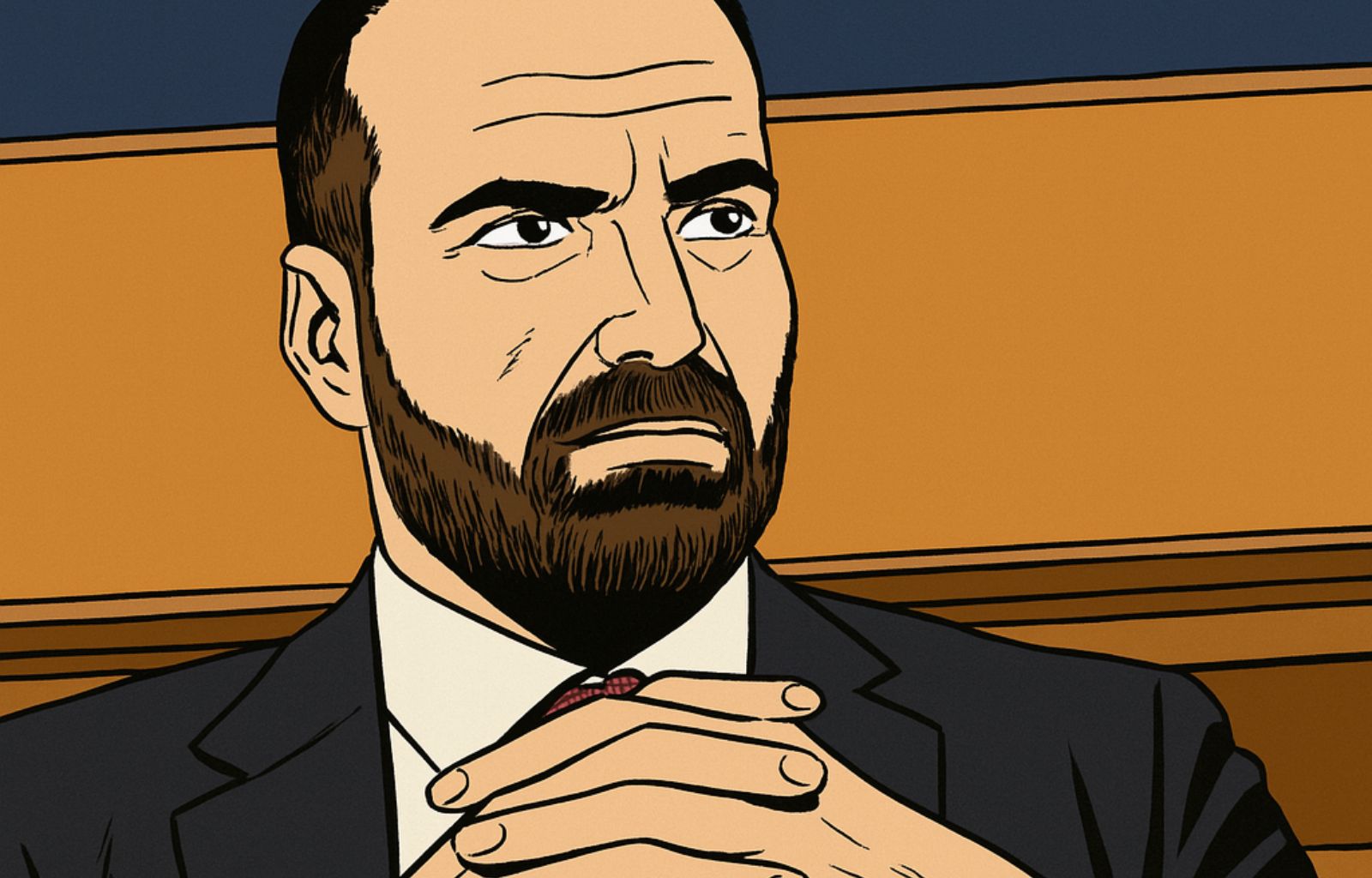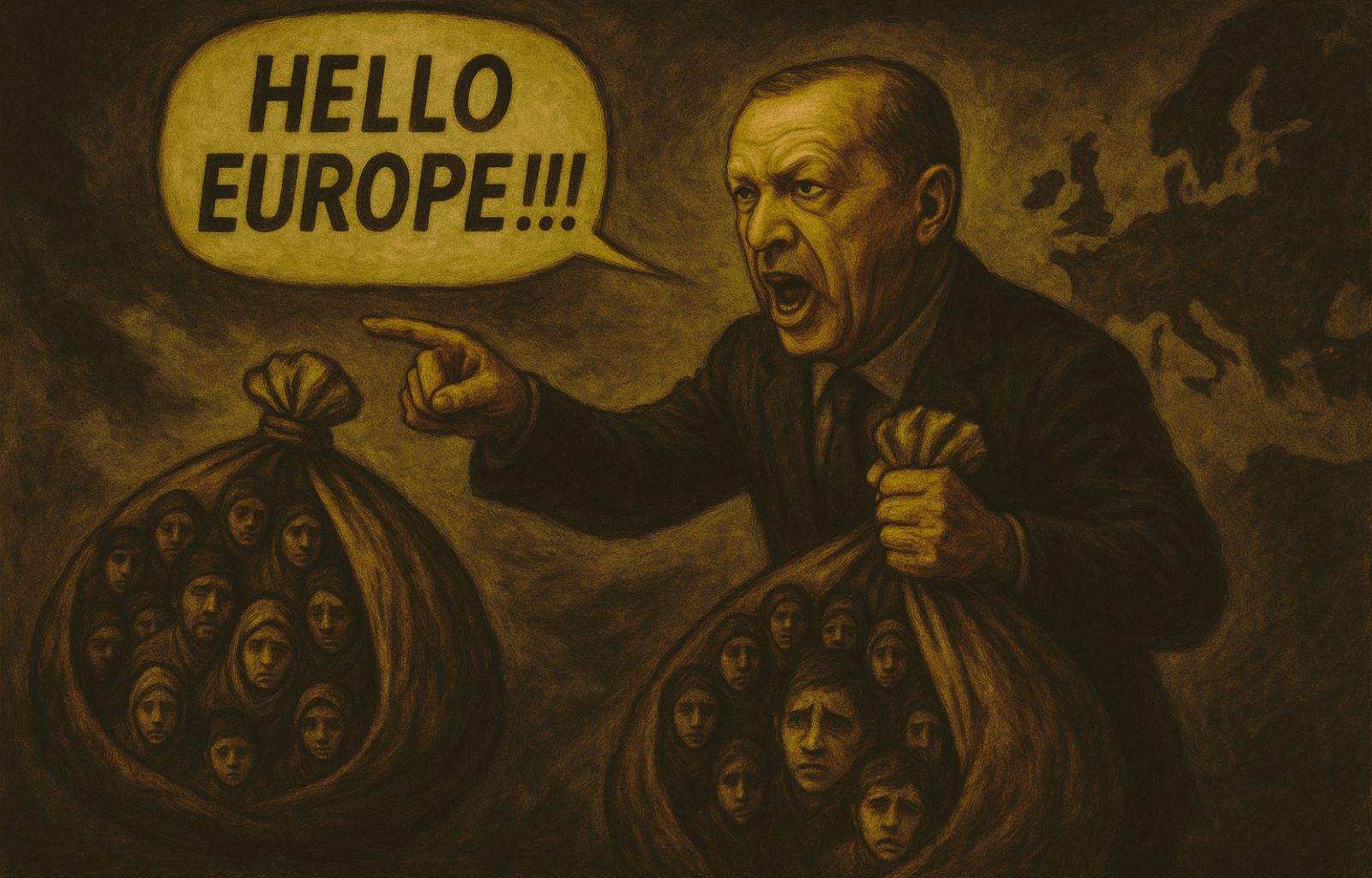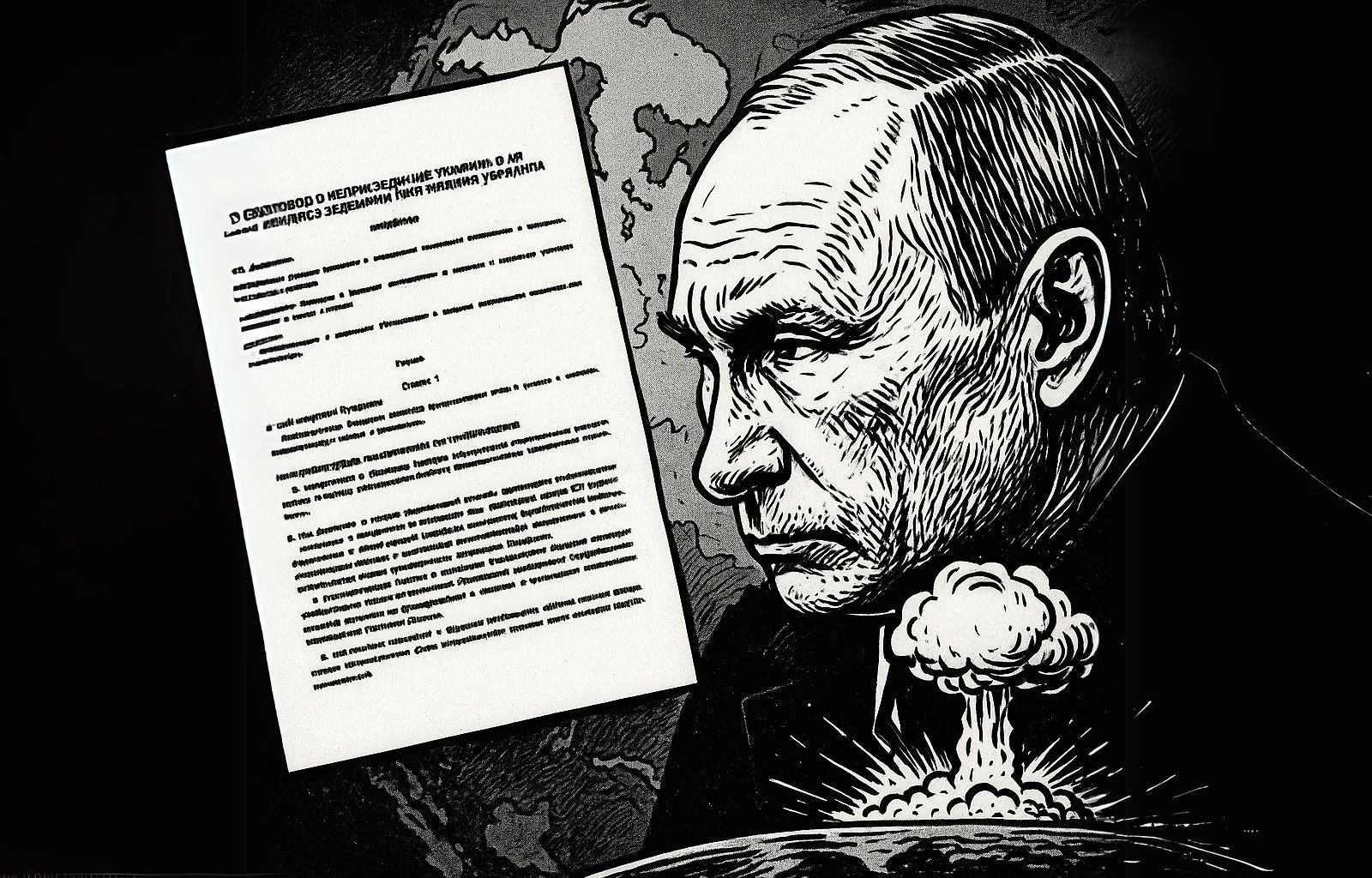Disarming words, to beat disinformation
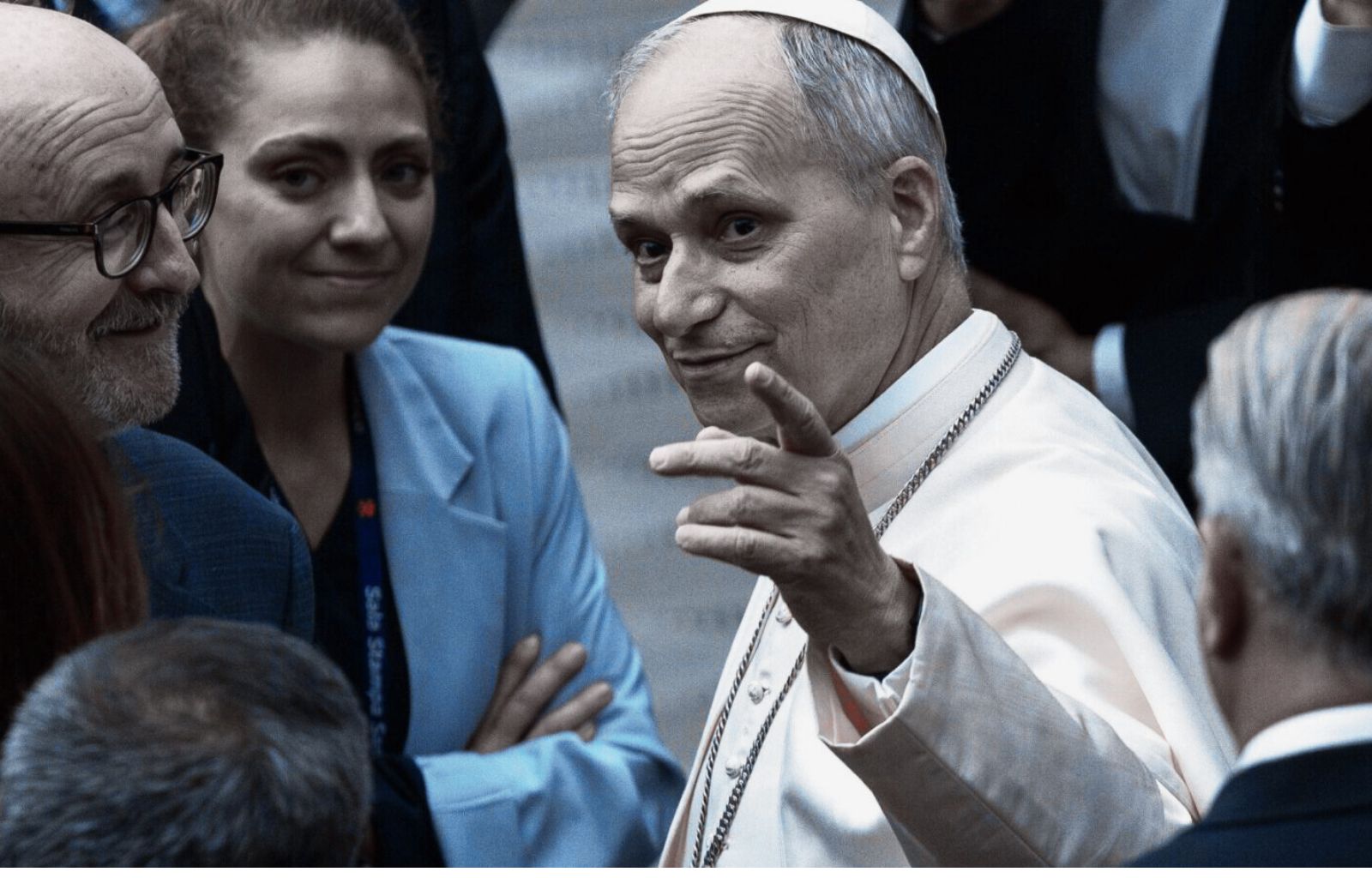
In the last few months, the pattern has become all too predictable: disinformation professionals revive conspiracy theories – like Steve Bannon on the so-called ‘rigged’ election of Pope Leo XIV – botnets traceable to Russian propaganda spread false accusations of drug addiction against European leaders such as Macron, Starmer and Merz, and a section of public opinion – fed by compliant media or social platforms in search of traffic – amplifies without filter. It is a deliberate, now structured strategy aimed at undermining trust in institutions (including science, by the way) and shifting public debate onto a plane of emotional chaos and permanent suspicion.
What makes this phenomenon more insidious is the fact that it finds almost no rational opposition. The prevailing response is indignation, outrage, hysterical revival. Little room for verification, for data, for time to distinguish between fact and narrative.
It is in this context that the important speech that Pope Leo XIV addressed to journalists on 12 May, during an audience in the Paul VI Hall, takes on significance. The Pope spoke for just eleven minutes, but managed to focus on a central issue: communication, if not responsible, risks becoming part of the problem.
He used a strong but precise image: ‘Disarm the words‘. Not to censor, but to remove public language from the logic of aggression. He asked to say no to the ‘war of words and images‘, to avoid thunderous and muscular communication, which often serves to polarise rather than explain. And he linked this call to a concrete need: to give back a voice to those who do not have one, to build information that listens instead of imposing itself.
In his speech, Leo XIV also expressed the Church’s solidarity with journalists imprisoned for doing their job in contexts hostile to press freedom. He spoke of ‘courageous witnesses’ and recalled that only informed people can be truly free. It is a simple principle, but one that returns central in an age when disinformation becomes a political method and a hybrid instrument of war.
Another significant passage concerned artificial intelligence. The Pope recognised the potential of these tools, but warned against their distorted use that can amplify errors, manipulations, falsehoods. Technology, he said, is not neutral: it depends on how it is oriented, and discernment is needed to make it useful for the common good.
Despite the friendly tone – with a few jokes about Jannik Sinner, gifts received from those present, direct interactions – the speech was described as a treatise on professional ethics. In a climate where truth is relativised, trivialised or replaced by emotional fiction, the Pope reminded us that there is still room for sober, responsible, verifiable communication.
We are in complete agreement: this is not about moralism, it is about method. Those who want to resist information pollution today need tools, not just values. And in this sense, the Pope’s call is an invitation to slow down, to control, not to react by impulse. The strength of democracy lies in the ability to keep the debate on a plane of reality, that is where the game is played.
Misinformation is not beaten with shouted counter-narratives, but with the quality and reliability of facts. It is patient work, which those who do journalism – and those who consume information – can no longer afford to neglect.

